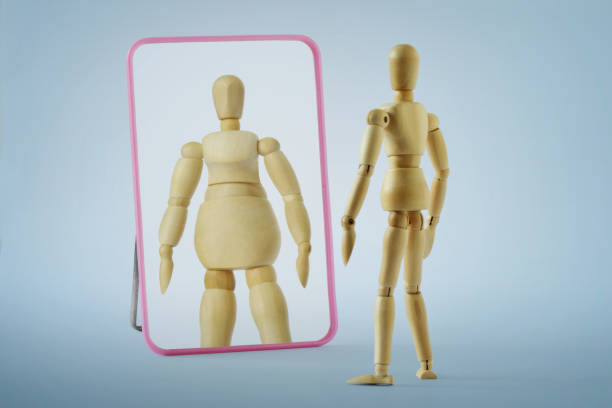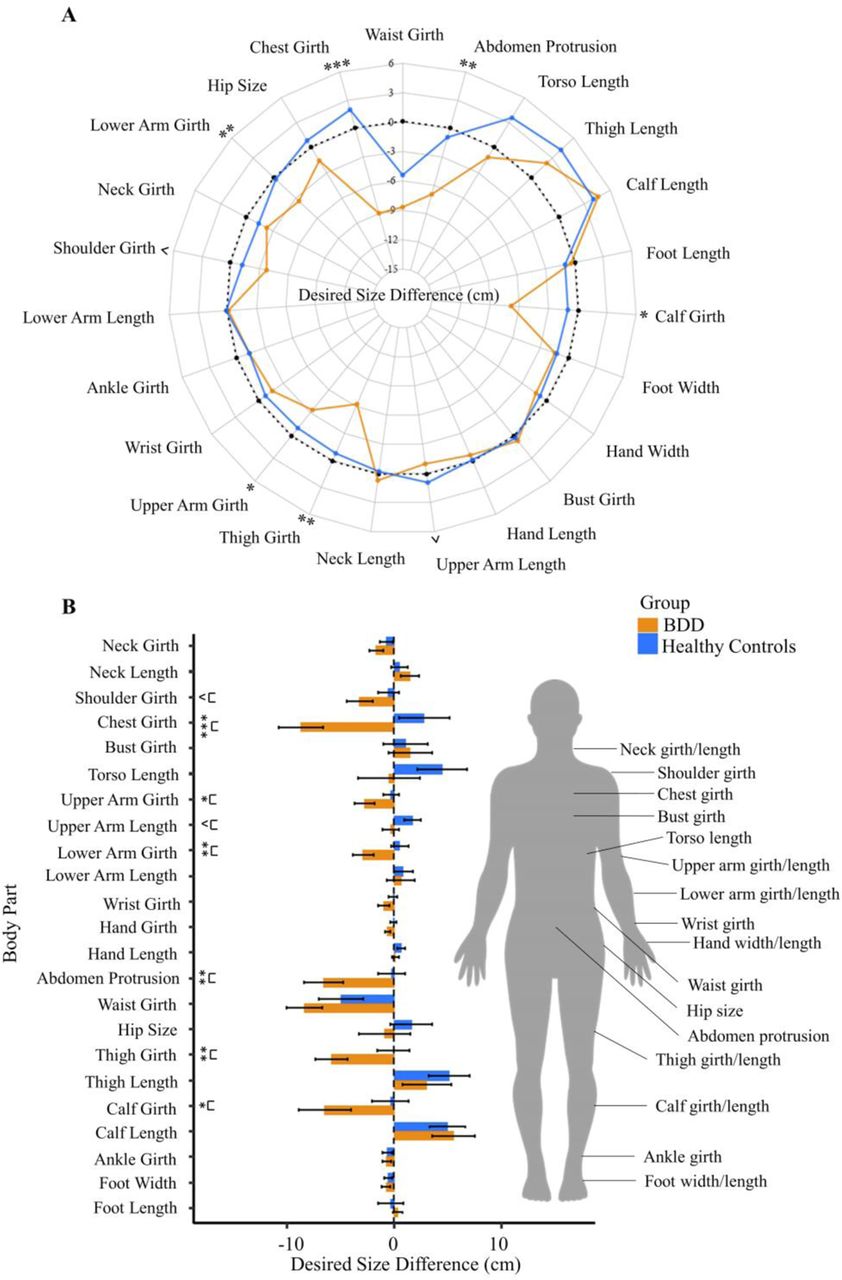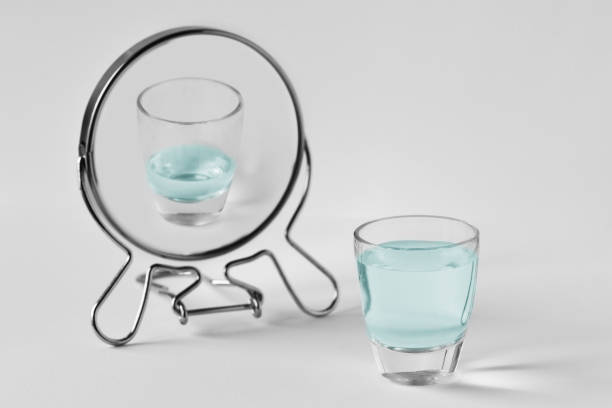
BDD Body Dysmorphic Disorder
Haus Of Ästhetik
Body Dysmorphic Disorder (BDD) is a recognised mental health condition where an individual becomes intensely preoccupied with perceived flaws in their appearance, flaws that are often unnoticeable to others. As a medically led aesthetics clinic, we take BDD awareness seriously and prioritise the emotional well-being of every client who walks through our door.

What Is BDD?
BDD is not simply low self-esteem or occasional dissatisfaction with appearance. It is a complex condition that can affect anyone, regardless of gender, age, or background. Individuals with BDD may:
- Obsessively check or avoid mirrors
- Repeatedly seek reassurance about their looks
- Camouflage areas, they believe are flawed
- Avoid social situations due to self-consciousness
- Seek frequent cosmetic or aesthetic procedures without satisfaction
BDD is classified under the DSM-5 as a body image disorder, often associated with high levels of anxiety, depression, and in some cases, social withdrawal.

Stages of BDD Awareness & Impact
- Preoccupation – Constant worry or thoughts about a specific feature (e.g., nose, skin, lips)
- Distortion – The perceived flaw becomes exaggerated in the mind, regardless of objective reality
- Compulsion – Individuals may excessively check mirrors, compare themselves to others, or seek unneeded aesthetic procedures
- Avoidance or Repetition – Social events, photos, or daily activities may be avoided; others may seek repeated corrections or interventions
- Emotional Decline – These behaviours often escalate into anxiety, shame, depression, or even suicidal ideation if left unaddressed
The Facts:
-
Our Commitment at Haus of Ästhetik
We believe aesthetics should enhance, not distort. Our practitioners are highly trained in both clinical skill and patient communication, and we are vigilant for signs of underlying BDD in all consultations.
If we suspect a client may benefit more from psychological support than cosmetic treatment, we will:
- Offer a supportive and non-judgemental discussion
- Gently redirect towards appropriate mental health resources
- Decline treatment if it is not in the client’s best interest
- Encourage a holistic, health-based approach to confidence
We uphold ethical standards that align with Save Face, JCCP, and CQC guidance, and we avoid treatments that promote unnatural or exaggerated features.
-
How to Heal or Seek Support
Awareness is the first step. If you recognise BDD patterns in yourself or someone close to you, professional help can bring profound change. Treatment may include:
- Cognitive Behavioural Therapy (CBT)
- Medication (under psychiatric care)
- Support groups and peer counselling
- Mindfulness and body image therapy

Helpful Resources and Support Groups
For more information, visit:
- Body Dysmorphic Disorder Foundation – Education, peer support, and clinical resources
- Mind – Practical advice and BDD support
- NHS BDD Guidance – NHS advice and treatment options
- Anxiety UK – Support services for those dealing with anxiety-related disorders like BDD
- Local GP or private mental health practitioner referral
A Message from Our Team
At Haus of Ästhetik, we do not treat insecurities, we enhance harmony. If you’re seeking aesthetic care, we’ll help you explore it with respect, balance, and integrity. And if you’re seeking healing, we’re here to support that journey too.
